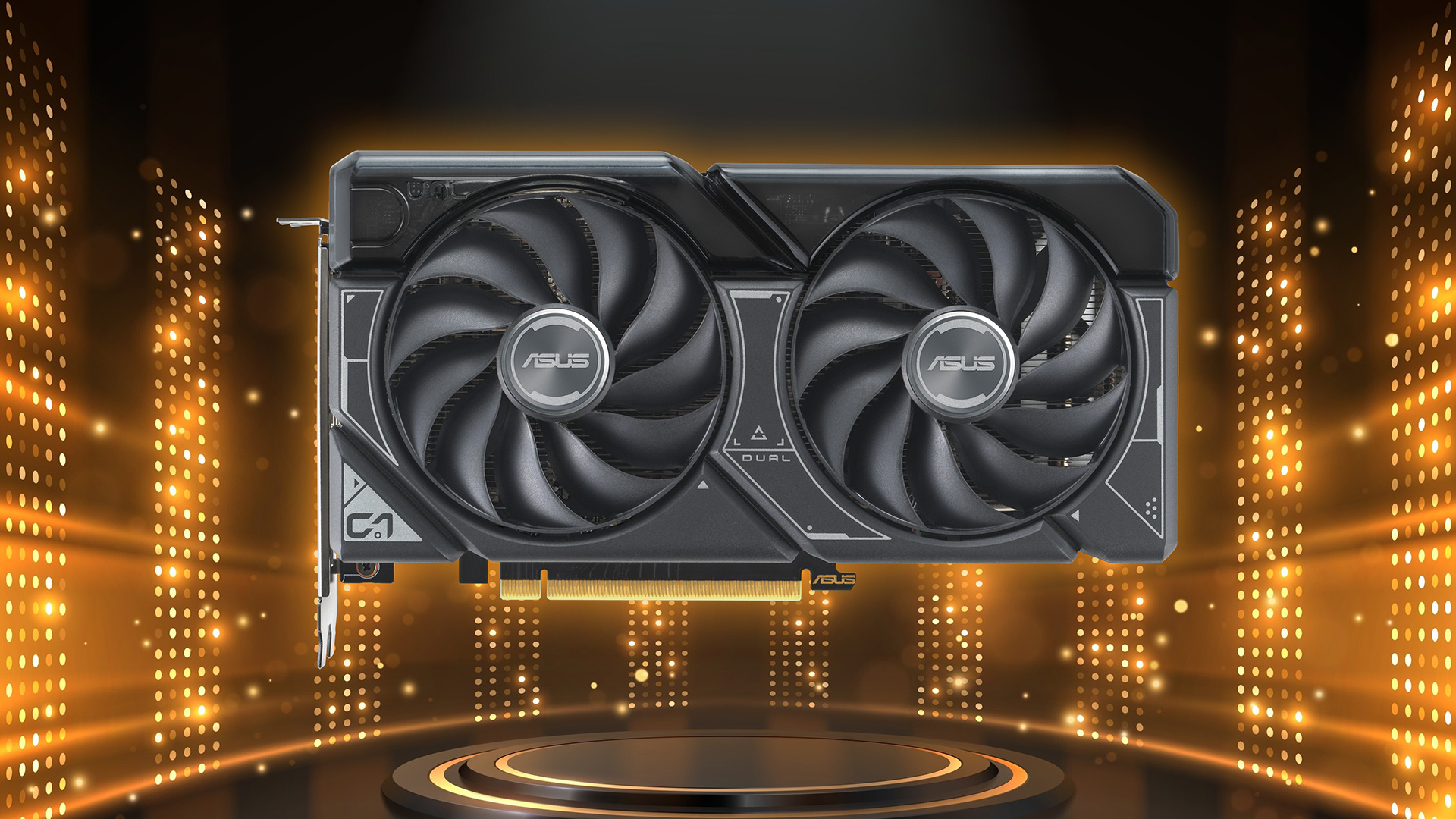
The U.S. government has extended the tariff exemptions on graphics cards, motherboards, and even SSDs imported from China for another year, now lasting until May 31, 2025, reports PCMag citing representatives from the U.S. Trade Representative and a new document. This extension contradicts previous indications that Trump-era tariffs on these components would be reinstated.
In 2018, the U.S. government under former president Donald Trump imposed a 25% tariff on certain products made in China. This included graphics cards, motherboards, SSDs, and other products that rely on printed circuit boards. The Trump administration then suspended tariffs on products such as 'graphics processing modules' and 'unfinished logic boards' in September 2019 till January 2021. The Biden administration did not remove the import rule altogether, but continued to temporarily suspend it using a temporary exclusion process.
As a result, when the U.S. Trade Representative (USTR) initially suggested that tariffs would continue, it said nothing new as the Biden administration did not charge the law itself, just suspended it for a while for select items using exemptions. Therefore, a closer examination revealed that the administration is re-enabling these exemptions to support efforts to find alternative sources outside of China, where availability remains limited.
"Based on evaluation of the factors set out in the December 29 notice, and pursuant to sections 301(b), 301(c), and 307(a) of the Trade Act of 1974, as amended, the U.S. Trade Representative has determined to further modify the action to extend the exclusions listed in Annex C to this notice through May 31, 2025," a statement by the U.S. government reads. "The U.S. Trade Representative has found that extending these exclusions will support efforts to shift sourcing out of China, or provide additional time where, despite efforts to source products from alternative sources, availability of the product outside of China remains limited."
ASRock confirmed that the exclusion has been imposed in a conversation with PCMag, emphasizing its importance for its business. The decision is also advantageous for consumers and PC vendors. In fact, numerous companies reportedly tried to lobby for these exemptions due to scarcity of electronics manufacturing outside China. The Biden administration initially lifted tariffs on these components in 2022 through a temporary exclusion process, which has now been extended.
Other products, such as air fryers, certain video cameras, and specific bicycle models, will continue to face Trump-era tariffs. Additionally, the administration has increased import fees on Chinese steel, aluminum, semiconductors, electric vehicles, EV batteries, and solar panels.







